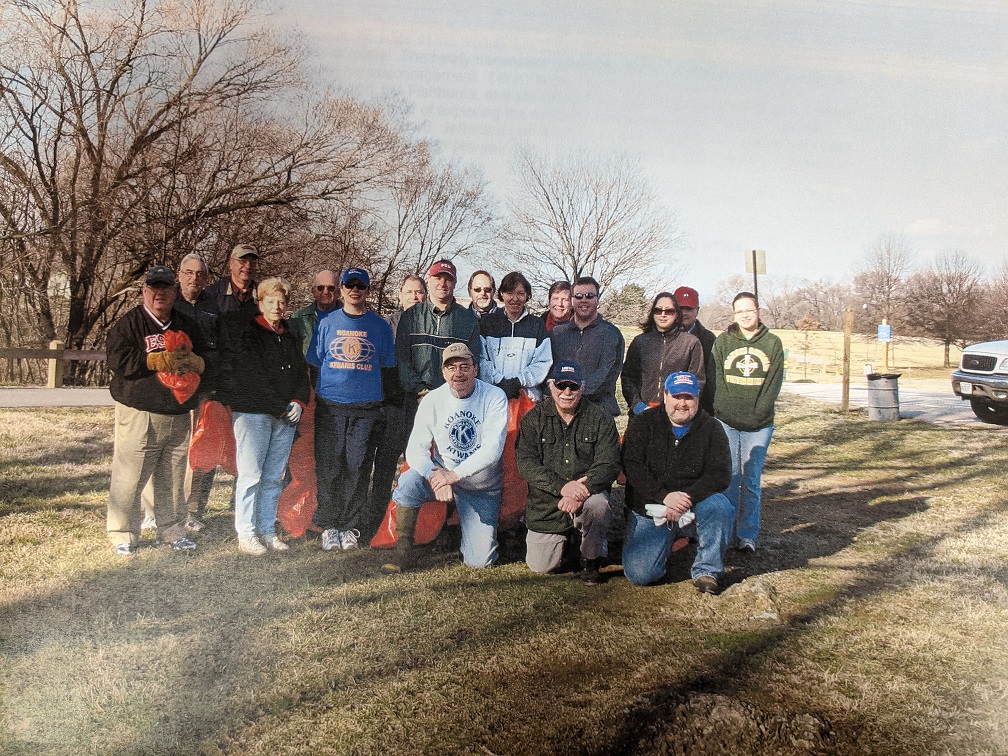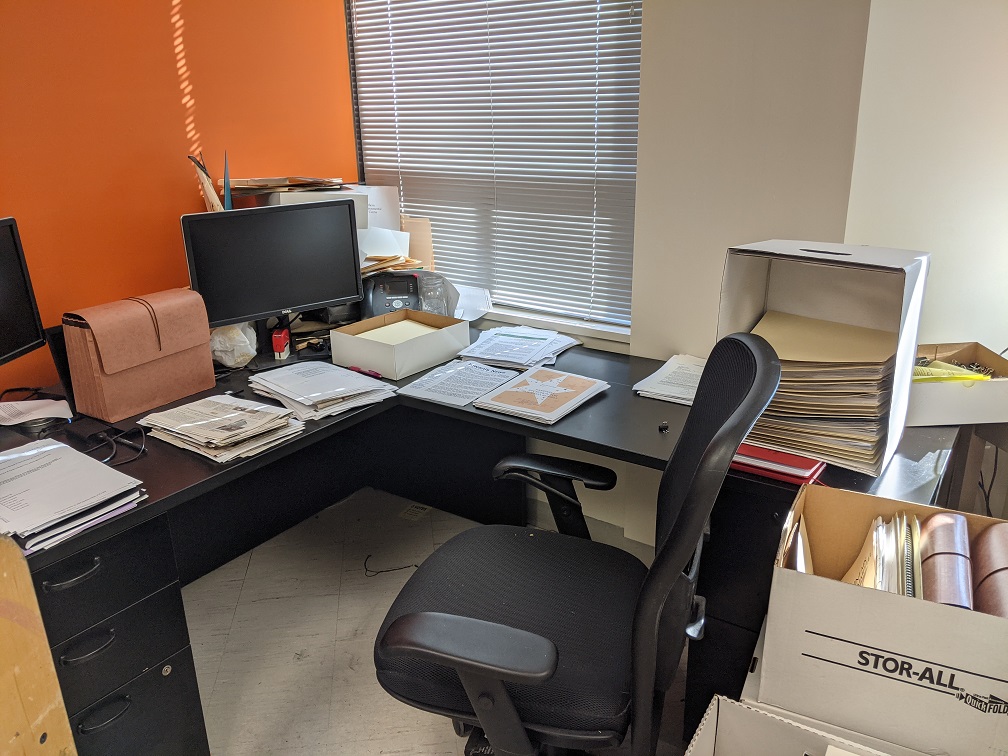
For the last 5 months, I have been kept busy with processing the recently acquired papers of Rupert Cutler, a prominent environmentalist and activist who has lived and worked in Roanoke since 1991. He was Assistant Secretary for Natural Resources and Environment of the U.S. Department of Agriculture under President Jimmy Carter, and since has served in leadership roles in several environmental organizations such as the Audubon Society, Defenders of Wildlife, the Virginia Outdoors Foundation, and The Wilderness Society, among others. He has also served on Roanoke City Council and on the boards of Opera Roanoke, The Western Virginia Land Trust, the Western Virginia Water Authority, and the Nonprofit Resource Center of Western Virginia. He was also the executive director of The Explore Park, and has been instrumental in establishing a number of conservation easements and parks in the New River Valley.

Processing this collection has proved challenging on a number of levels. The first, and most pressing of these are the time restrictions caused by the ongoing COVID-19 pandemic. In order to create as much distance between employees as possible, I only have access to the building that houses the collection three days a week. When the grant that funds this project was written, a five day work week was assumed. In order to keep the project on track, I need to spend every moment that I am onsite processing, which is intense and draining. I’ve needed to plan my work very carefully to make the most of my time on campus and at home.
The second challenge has been the size of the collection. It spans 142 boxes and 6 decades. Cutler was and still is an extremely active and engaged figure, and he saved a great deal from his life. It is wonderful to have such a deep and broad look into his life, but the scope of materials is also a little daunting.

Finally, the third major challenge of working with this collection has been the need to categorize materials that resist easy sorting. Cutler blended personal, professional, environmental, and political on many occasions in his correspondence and works. It can be difficult to decide where to put a letter that references his environmental activism, his service on City Council, and casual news about mutual friends in the same missive. Based on the evidence of his papers, Cutler made friends easily and had a knack for bringing his many interests together, which has proven somewhat troublesome when neat descriptions are called for.
The time constraints of working on this collection have limited the amount of time I can spend with any one document, and expediency demands a balance between the materials being loosely sorted in a way that will mostly allow researchers to find what they’re looking for, and putting each item in its own folder with a thorough description of its themes. I think I’ve found a good compromise of specificity and generality, but the process has really driven home for me the importance of critical thinking and decision making skills to the work of an archivist. I hope I’ve made the right calls, but only time can tell.
Processing the personal papers of almost anyone can raise significant moral quandaries, and this collection is no different. It is a great privilege to rifle through the records of another person’s life, and the resulting information needs to be treated with respect and care. There is a constant need to balance accuracy with sensitivity. Historically, archivists were meant to be unbiased and without emotion, simple conveyors of fact into posterity. However, it is crucial for the modern archivist to recognize that such impartiality is actually impossible to achieve, and to make the best of it. The simple act of choosing to promote one collection and allow another to fall into obscurity is biased, and such decisions cannot be avoided, nor can the many hundreds of more fraught choices.
Nowhere are these tricky questions of right and wrong and justice and accuracy and kindness more common and immediate than in personal papers. We all must do our best, and sometimes we fall down. Growth is the important factor, for collection creators and the archivists who work on their legacies. Erasing our mistakes doesn’t make them go away, and just as important as evidence of our successes is that of our failures, and how we respond to them. It would be unfair to the collection creators and the world to deify or demonize people who were just being human. I find the humanity of the people represented in the collections I work on to be the most valuable part of the record, and that reflecting my own humanity in the decisions I make about the collection is the best way to move forward. I hope posterity agrees.